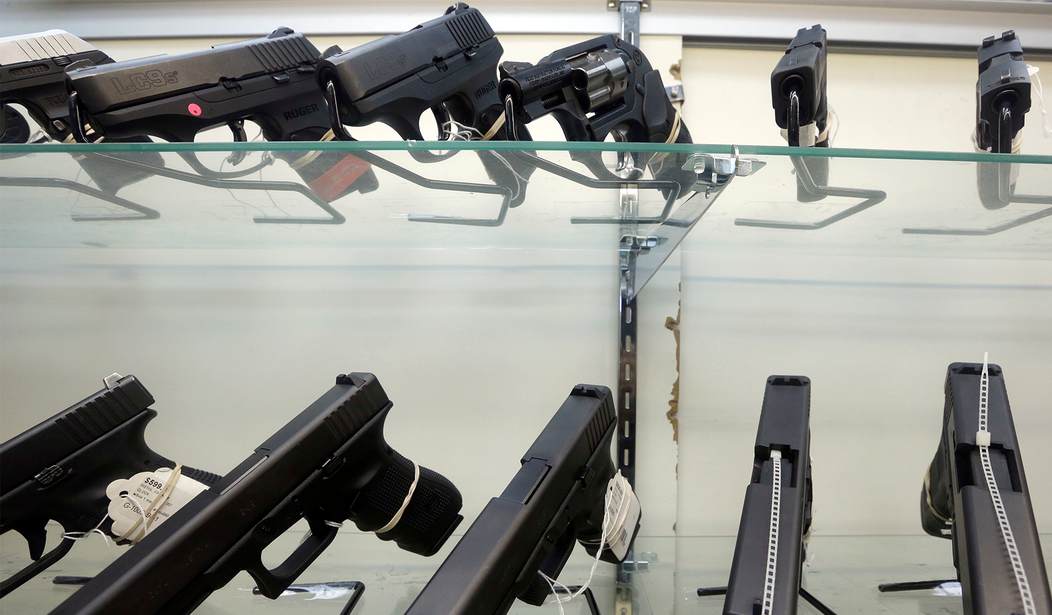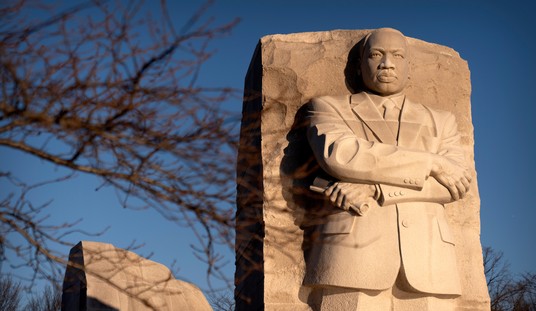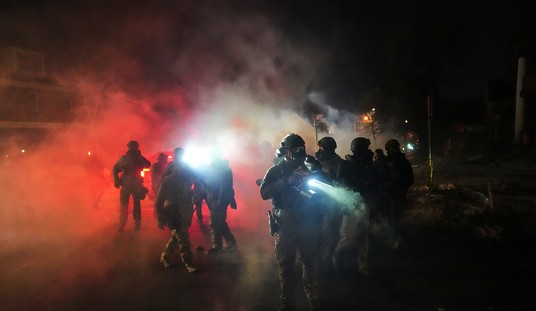Over the past year we’ve seen plenty of federal judges distort the Supreme Court’s “history, text, and tradition” test determining the constitutionality of gun control laws to uphold anti-2A restrictions, but the Tenth Circuit Court of Appeals has taken a slightly different approach in a case known as Vincent v. Garland, in essence ruling that existing federal prohibitions on felons possessing firearms don’t need to pass that test because felon-in-possession laws are untouched by the Supreme Court’s Second Amendment jurisprudence.
Melynda Vincent was convicted of the non-violent felony offense of bank fraud after writing a bad check for almost $500 at a grocery store back in 2008. Though she was eligible for a prison sentence, a judge instead ordered Vincent to a term on probation, and over the past fifteen years she’s gone from being homeless and battling a drug addiction to serving as a social worker helping others to turn their own lives around. Vincent first sued to have rights restored in 2020, but the lawsuit was thrown out by the courts, so she refiled after the Bruen decision was handed down.
Her attorneys have argued that under the history, text, and tradition test laid out by the Supreme Court in Bruen, the modern law that imposes a lifetime ban on possessing firearms and ammunition is unconstitutional, but the Tenth Circuit panel ruled against Vincent on Friday, opining that the Supreme Court’s decisions (including Heller and McDonald as well as Bruen) don’t invalidate the Tenth Circuit’s precedent upholding the federal statute in question.
In Bruen itself, the Supreme Court didn’t address the ban on felons’ possession of firearms. The Court instead addressed the constitutionality of a New York licensing scheme for carrying a handgun in public. In addressing that licensing scheme, the Court articulated a historical test for the scope of the Second Amendment’s right to bear arms. For that test, the Court drew upon District of Columbia v. Heller, which had recognized a personal right to bear arms. In recognizing that right, the Supreme Court considered the text and historical origins of the Second Amendment. After this historical discussion, the Court noted that
• “nothing in [its] opinion should be taken to cast doubt on longstanding prohibitions on the possession of firearms by felons” and
• felon dispossession statutes are “presumptively lawful.”
… Though Bruen created a new test for determining the scope of the Second Amendment, the Court didn’t appear to question the constitutionality of longstanding prohibitions on possession of firearms by convicted felons. If anything, Bruen contains two potential signs of support for these prohibitions.
First, six of the nine Justices pointed out that Bruen was not casting any doubt on this language in Heller.
Second, Bruen apparently approved the constitutionality of regulations requiring criminal background checks before applicants could get gun permits. In Bruen, the Court struck down state regulations that had required the showing of a special need before someone could get a license to carry a gun. But the Court added that it wasn’t questioning the constitutionality of “shall-issue” licensing regimes. These regimes don’t require a showing of special need, but they do “often require applicants to undergo a background check” to ensure that the applicant is a “law-abiding, responsible citizen[].”
In preserving “shall-issue” regimes and related background checks, the Court arguably implied that it was constitutional to deny firearm licenses to individuals with felony convictions. Bruen’s language thus could support an inference that the Second Amendment doesn’t entitle felons to possess firearms.
The problem with this rationale is that while the Bruen language could support that inference, it would require exempting felon-in-possession statutes from the test that the Court explicitly stated should be used to determine the constitutionality of gun control laws; something the Supreme Court most certainly didn’t do. Yes, the justices were careful to decide Bruen fairly narrowly, but just because the case didn’t delve into the intricacies of felon-in-possession statutes doesn’t mean that SCOTUS was instructing lower courts to ignore their test when it came to who can be barred from owning a gun.
Certainly other appellate courts have come to very different conclusions than the one reached by the Tenth Circuit panel. The Third Circuit Court of Appeals, for instance, has ruled that the lifetime prohibition on gun ownership for those convicted of a non-violent offense punishable by more than a year in prison does violate the protections afforded by the Second Amendment. In Garland v. Range, an en banc panel of Third Circuit judges ruled in favor of Bryan Range, a Pennsylvania man who, like Vincent, was convicted of a non-violent offense; in this case falsifying income in order to receive food stamp benefits back in 1995.
The DOJ is likely to appeal the Range case to the Supreme Court, though its petitionisn’t due for another three weeks or so. In the meantime, Vincent can either request an en banc panel on the Tenth Circuit hear her appeal, or take her case directly to SCOTUS with a cert petition of her own. While I’m not a fan of Tenth Circuit’s decision here, the split in the appellate courts at least makes it more likely that the Supreme Court will agree to hear one of these cases when the time is ripe, and I don’t think Vincent should give up hope of having her Second Amendment rights rest just yet.









Join the conversation as a VIP Member